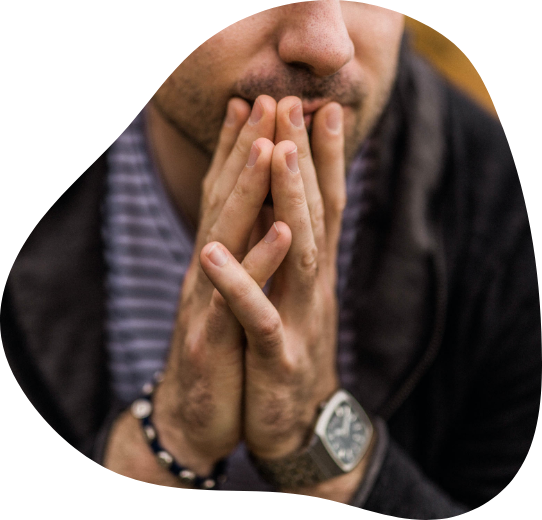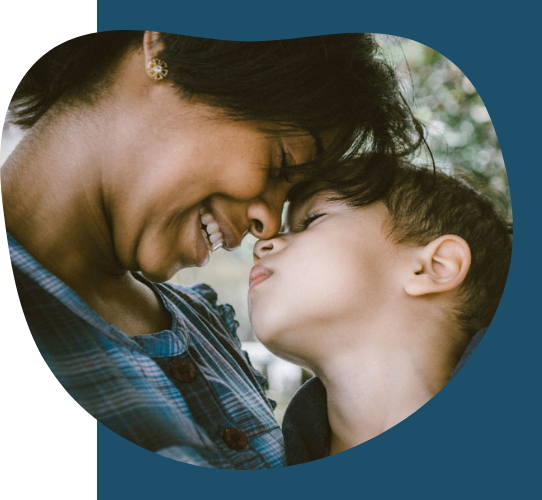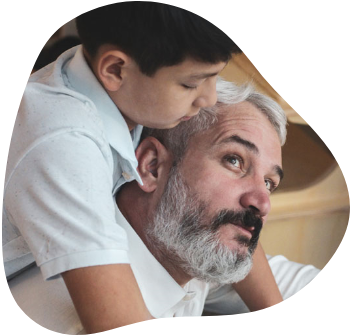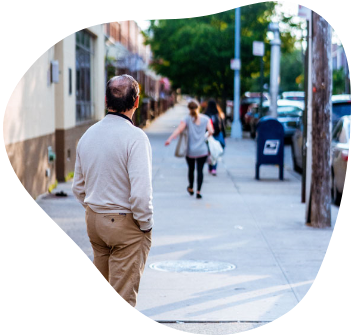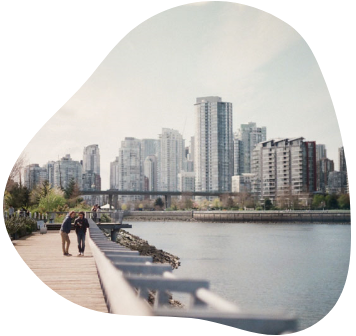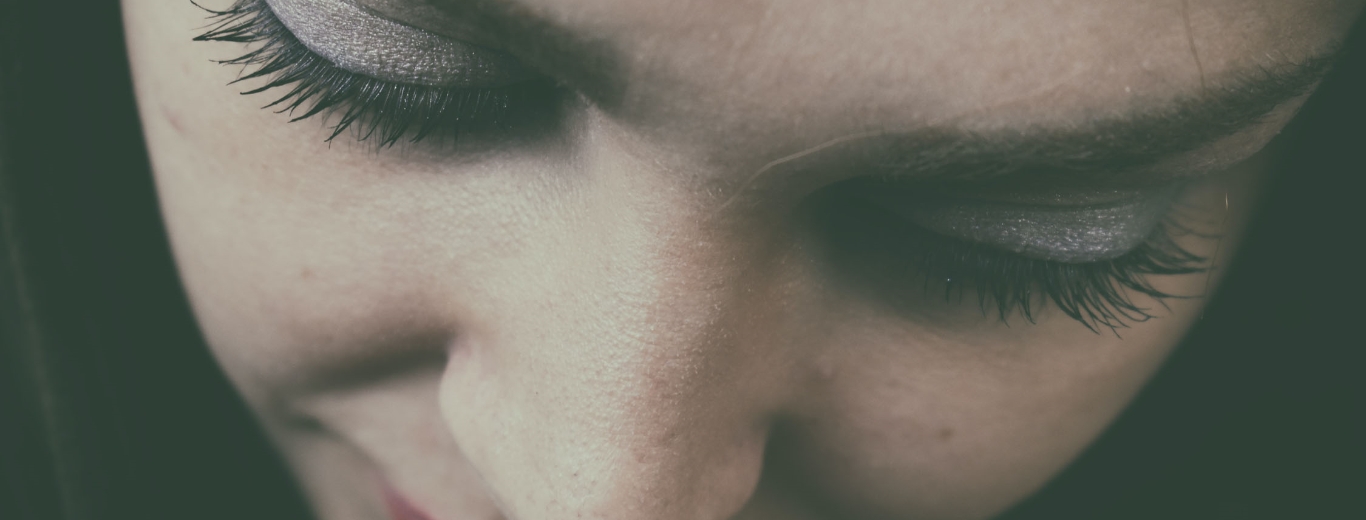Orientation
The rehabilitation programs and orientation cover the first week of the in-residence experience, providing an opportunity for new community members to become grounded, practice self-regulation, settle into the program structure, and learn about recovery fundamentals. The Rehabilitation Programs prepares community members for the intensive individual and group treatment and process phase. Your length of stay in primary treatment is another determining factor for the amount of time you may spend in Orientation.
Orientation aims to further inform community members and the team about their readiness and commitment to move forward into the primary treatment phase. Community members will receive several self-guided workbooks and participate in short psycho-educational workshops. Also, during this time, they will have access to individual counselling, small group sharing, mindfulness practices, yoga, and other recreational activities.
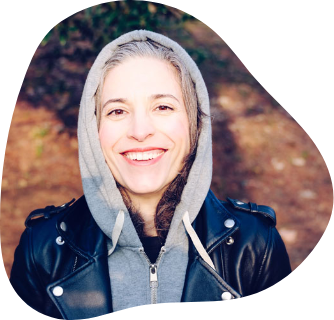
Primary Treatment
Primary Treatment is a highly-structured in-residence experience designed to equip community members with the tools they need to make sense of the effects of problematic substance use and concurrently, mental health and/or trauma, and the resulting behaviours, emotional impacts, and ambivalences. Problematic substance use has psychological, spiritual, and social implications, impacting all aspects of life. This includes impacts on physical, emotional, and mental effects, family systems, employment, and living environments.
Pacifica offers a continuum of rehabilitation programs and services that promote enhanced quality of life, well-being, and healing on a cognitive, physical, emotional, spiritual, and practical level. The aim is to improve self-esteem, repair relationships with self and others, and as well, setting goals to build a solid foundation for sustainable change. To achieve this, the Primary Treatment Program utilizes a variety of therapeutic approaches including cognitive behavioural therapy, psychoeducational programming, experiential learning, meditation, group therapy, self-soothing and grounding techniques, and spiritual development.
Admission to the in-residence primary treatment program, for most community members, comes via participation in the pre-engagement program. Individualized care plans are established based on community member-expressed goals so that participation may become more progressively community member-driven. Discharge planning begins at the time of admission, and continues with appropriate goal-review and goal-modification along the way.
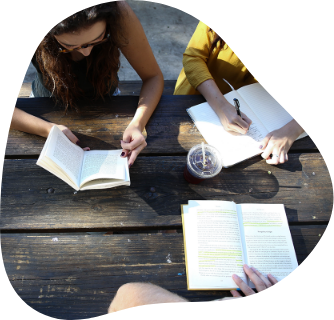
Integrative Wellness
Wellness Program offers a wide range of modalities to fit the individual’s needs. Professionals from various disciplines offer complementary programs at Pacifica. For example, yoga has been part of our program for over a decade. Other specializations, such as Creative Arts therapy, Acupuncture, Meditation, Reiki Energy Healing and Sexual Health, are also offered.
We have incorporated various fitness-related activities into our rehabilitation programs, including walking, running, hiking, skating, and more. These various programs aim to help create new and enjoyable recreational habits that do not revolve around substance use.
Wellness programming is varied and takes into consideration the principles of equity, diversity, inclusivity, and accessibility. Activities may align with personal goals and can be directly connected to your established care-plan. As a result, your primary counsellor may recommend activities deemed to support your goals or activity may be a requirement of the treatment program, with tracking and participation recorded, allowing for outcomes to be measured accordingly.
Resiliency
The Resiliency program acknowledges the link between trauma and substance use. The emphasis is to co-create a safe space for people to develop the stabilization skills needed to begin to process trauma and initiate post-traumatic growth. The rehabilitation program spans the second half of a person’s in-residence primary treatment journey with the first 8 weeks of their return to the community. The focus is on experiencing trauma and finding safety. This can include somatic work involving breath and body awareness, connection work involving other people, animals, or the natural world, and process work involving journaling, art, or creative movement. Participants are encouraged to explore and develop modalities, which are a fit for them.
